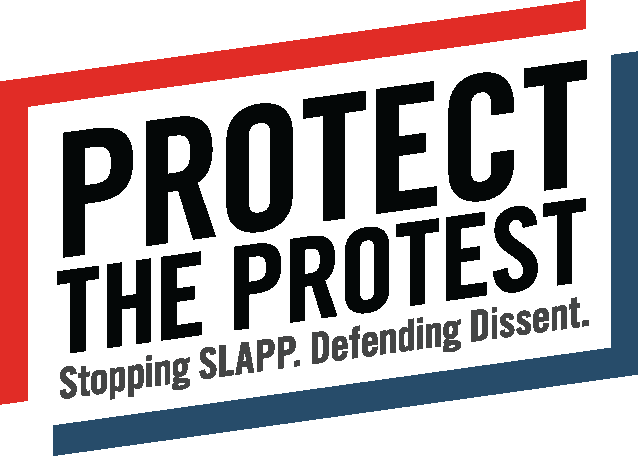American Studies Association
In December 2013, the American Studies Association (ASA) passed a resolution to endorse the academic boycott of Israel as part of the global campaign for Boycott, Divestment, and Sanctions (BDS) against Israel in response to the government’s subjugation of Palestinian people.. The vote passed with 66% in favor of this resolution in an election that attracted the highest number of voters in organization history. In response, on April 20, 2016, four ASA member professors sued the ASA in the United States District Court for the District of Columbia in Bronner v. Duggan. The plaintiffs claimed that the resolution to endorse the boycott violated the ASA’s by-laws and that ASA officers breached their fiduciary duties. In February of 2019, the case was dismissed because the plaintiffs failed to show they suffered sufficient injury to be in federal court, and therefore lacked standing.
Plaintiffs quickly appealed to the D.C. Circuit and filed an identical complaint in D.C. Superior Court. The D.C. Circuit Court affirmed the dismissal, but the local case proceeded as the amount in controversy was not at issue. Defendants filed a motion to dismiss under the District of Columbia Anti-SLAPP Act of 2010. This act provides a party defending against a SLAPP suit with procedural tools to protect themselves from meritless litigation. One of these tools is a special motion to dismiss.
The D.C. Superior Court denied the motion to dismiss and defendants appealed to the D.C. Court of Appeals, who ruled in favor of the defendants on the basis that the Superior Court did not apply the correct analysis of the anti-SLAPP law. The case then went back before the the D.C. Superior Court, which granted the motion to dismiss The burden then shifted to the plaintiffs to prove that their claims were likely to succeed on the merits and plaintiffs failed on all counts. On March 1st of 2023 all claims were dismissed.
The dismissal of this case via the D.C. Anti-SLAPP law is an important win for those speaking out against Israel’s human rights abuses and for free-speech advocates as a whole. Frivolous lawsuits against advocates pose a significant threat to civil society and anti-SLAPP legislation is crucial for the protection of free speech.

